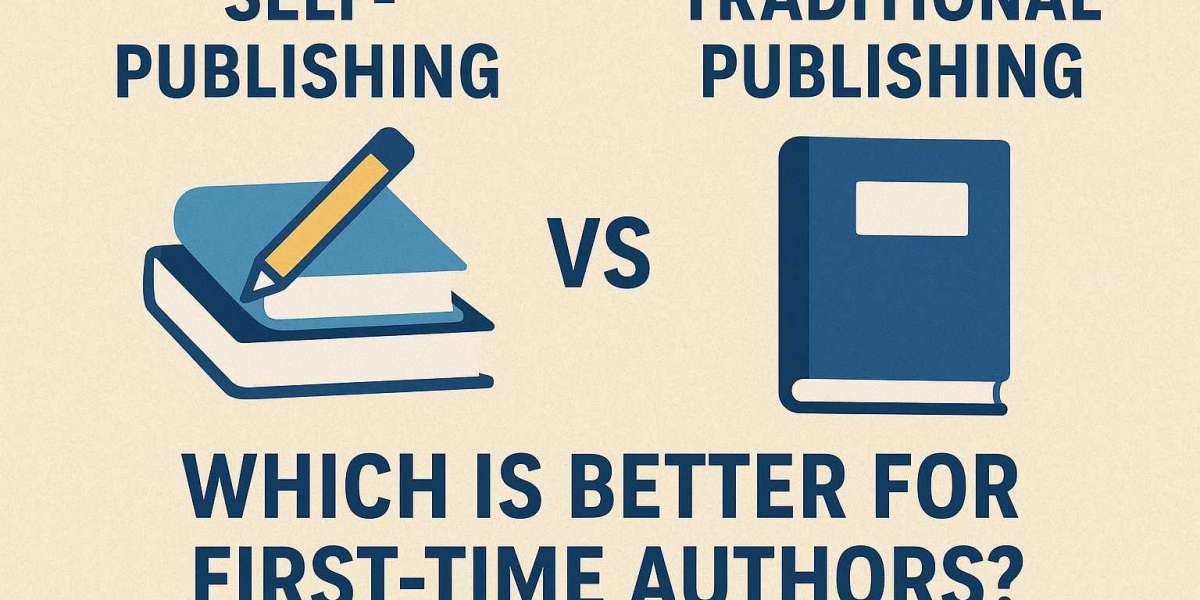Publishing your first book is an exciting milestone, but choosing how to publish can feel confusing. Should you approach traditional publishers or take the self-publishing route? Both options work well, but they serve different types of authors and goals. This simple guide will help you understand the difference so you can make the right choice for your writing journey.
1. What Is Traditional Publishing?
Traditional publishing is the model most people think about. You submit your manuscript to a publishing house. If they accept it, they take over almost everything—editing, cover design, printing, distribution, and sometimes marketing.
Pros of Traditional Publishing
No upfront cost for the author
Professional editorial and design teams
Established distribution channels
Credibility and brand value
Cons of Traditional Publishing
Very selective; many manuscripts get rejected
Long waiting periods for approval and release
Limited control over design, pricing, and marketing
Lower royalty percentage
Traditional publishing works best for authors willing to wait and who want the experience of being associated with established publishing houses, including some of the best book publishers in India.
2. What Is Self-Publishing?
Self-publishing allows authors to take charge of the entire publishing process. You choose the services you want—editing, design, printing, distribution—and your book is published under your control.
Pros of Self-Publishing
Full creative control
Faster publishing timelines
Higher royalty share
Flexibility in pricing, design, and distribution
Good for first-time authors who want quick results
Cons of Self-Publishing
You pay for the services you choose
Marketing is mostly your responsibility
Quality depends on the publisher or service provider you select
Many first-time authors prefer self-publishing because it is transparent, flexible, and allows them to work with reliable teams that function like the best book publishers in India offering assisted publishing support.
3. Which Option Is Better for First-Time Authors?
There is no single “best” answer—only what fits your goals.
Choose Traditional Publishing if:
You want a publisher to manage the entire process
You don’t mind waiting months for approval
You are okay with lower royalties in exchange for credibility
You want your book to go through a rigorous selection process
Choose Self-Publishing if:
You want complete control over your book
You prefer faster timelines
You want higher earnings per book
You are willing to participate in marketing
You want guaranteed publication without facing rejections
Most first-time authors today choose self-publishing because it gives them independence and offers a shorter, smoother path to launching their book.
4. Final Thoughts
The right publishing path depends on your vision, timeline, and expectations. Traditional publishing gives you prestige and structure, while self-publishing gives you freedom and speed. Whatever you choose, make sure you work with trusted professionals or experienced service providers to ensure your book reaches readers in the best possible form.













